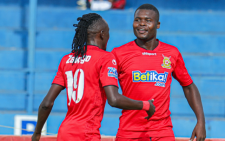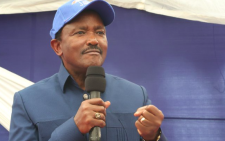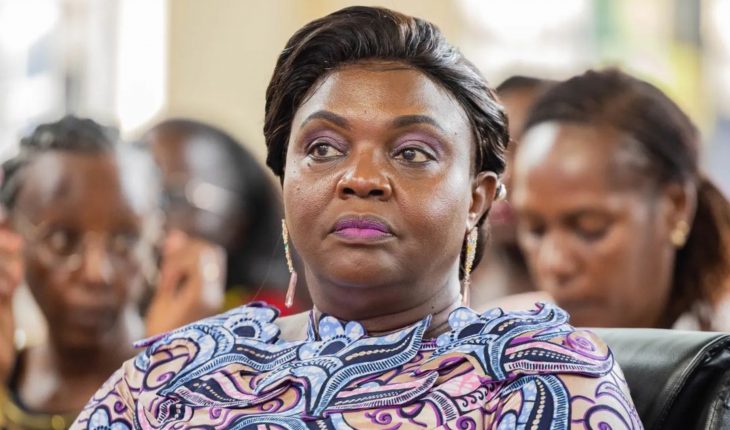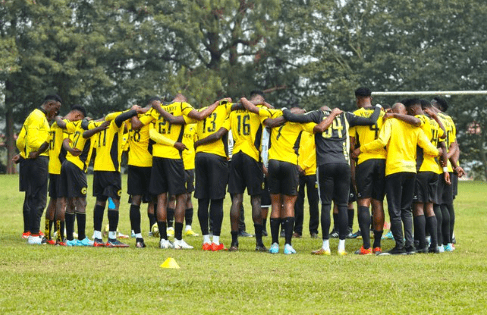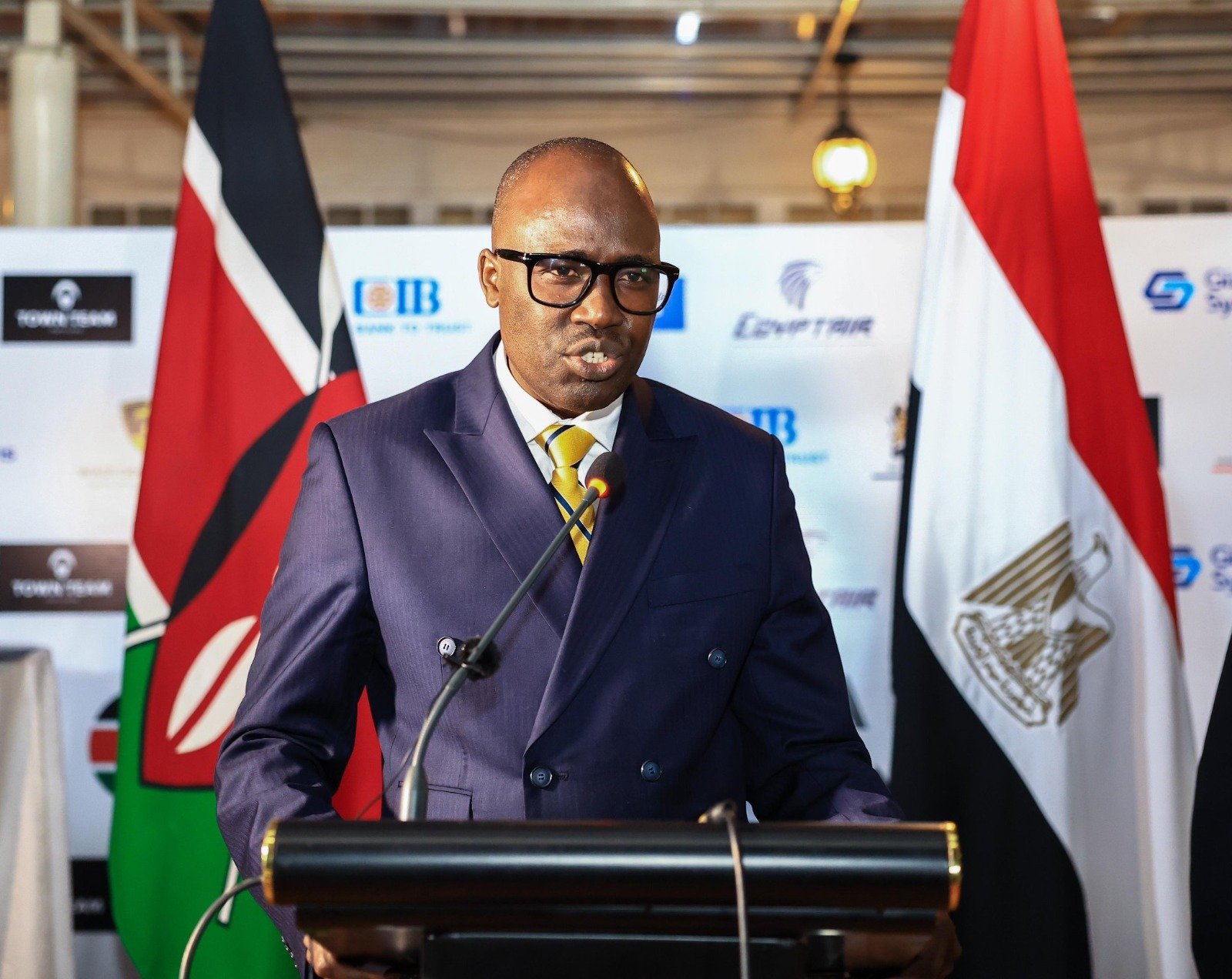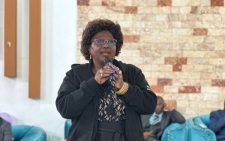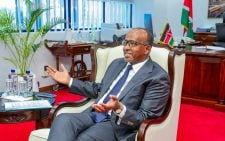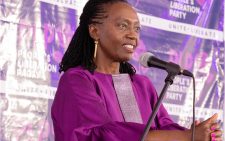Country not yet at ease, one year after tight polls
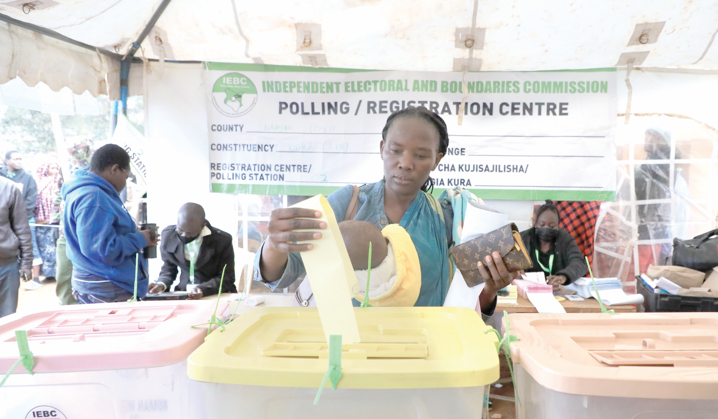
A year after the tightly-contested General Election, the country is entangled in an impasse with top contenders in the presidential race are still engaged in a back-and-forth battle.
President William Ruto and Azimio la Umoja-One Kenya alliance leader Raila Odinga are caught up in a political battle that formed conditions that led to anti-government protests organised by the opposition.
To date the tussle around the results of the presidential vote remains unresolved despite the Supreme Court ruling that affirmed Ruto’s victory in a petition filed by Raila, challenging Ruto’s win at the ballot.
After citizens voted on August 9, former Independent Electoral and Boundaries Commission (IEBC) chairman Wafula Chebukati, in the company of two other commissioners, declared Ruto the winner on August 15.
However, four commissioners differed with the declared outcome, which showed Ruto had garnered 50.5 per cent of the valid votes cast, beating Raila and narrowly avoiding a runoff of the election.
The split commissioners led by the then IEBC vice chair Juliana Cherera disowned the presidential vote tally, terming the process ‘opaque’, prompting Raila to challenge the announced results through a petition at the Supreme Court.
In the petition, Raila alleged fraud, voter suppression and impunity by Chebukati whom he claimed acted unilaterally (against the majority of commissioners) to deny him the victory.
In the ruling Chief Justice Martha Koome said there was no credible evidence of fraud, interference or a failure of the electoral body’s technology, adding that IEBC proved that all commissioners were involved in the process until just before the announcement of results.
The judgement which termed part of Raila’s evidence as ‘hot air’ ended the near two-week standstill but instigated the current warfront between the opposition and the government.
After Raila’s attempt to claim his ‘stolen’ victory through the courts hit a snag, the opposition chief resorted to rallying his supporters to mass protests to compel the government to among other issues open the IEBC electoral servers.
Terming Ruto’s government ‘illegitimate’ Raila and other Azimio have continually piled pressure on Ruto to open the IEBC servers if he was confident that he won the election.
“Ruto has stolen my victory and I will go after it. The whistleblower has spoken and now the truth is in the public domain. I want you to believe the whistleblower, I am confident about it. The whistleblower came with machines and they got the real results,” Raila said in a past event.
Raila claimed when the court verdict was being given, he did not have the truth and factual results adding that Ruto was riding on a gap in the electoral law about servers yet there is a dispute over the outcome of the election.
Despite the pressure mounted by the opposition, Ruto has stood his ground maintaining that he would not open the servers saying that the calls were an insult to the citizens’ intelligence on democracy.
Through a Gazette Notice dated February 27, Ruto went ahead to appoint a seven-member selection panel for the recruitment of the nominees for appointment as commissioners of IEBC, a move that the opposition opposed saying Ruto was committing an electoral injustice.
Raila would then accuse Ruto of amending to the law to influence the hiring of IEBC commissioners with eyes fixed on outdoing Azimio in the 2027 polls.
The grand standing on election matters gave birth to the first round of bipartisan talks in March where the government and the opposition created a seven-member delegate to canvass among other issues electoral justice as demanded by the opposition.
Even before the dialogue began, both parties confronted each other over the composition of members pitting Eldas MP Aden Keynan on the Kenya Kwanza side and Pokot South MP David Pkosing on the opposition side. The two legislators were viewed as not representing the interest of their parties in the talks.
A month later the talks collapsed after Mistrust developed between the two parties and the opposition started reading mischief in the way the government was approaching the cease-fire talks through the process into turmoil.
Contrary to Kenya Kwanza, Azimio has insisted that the talks should not entirely be parliamentary adding that external parties must be allowed in the dialogue.
The ruling alliance accused the opposition of scattering the talks with an aim to compel Ruto to agree on a handshake with his political nemesis Odinga, claims that both parties have denied.

